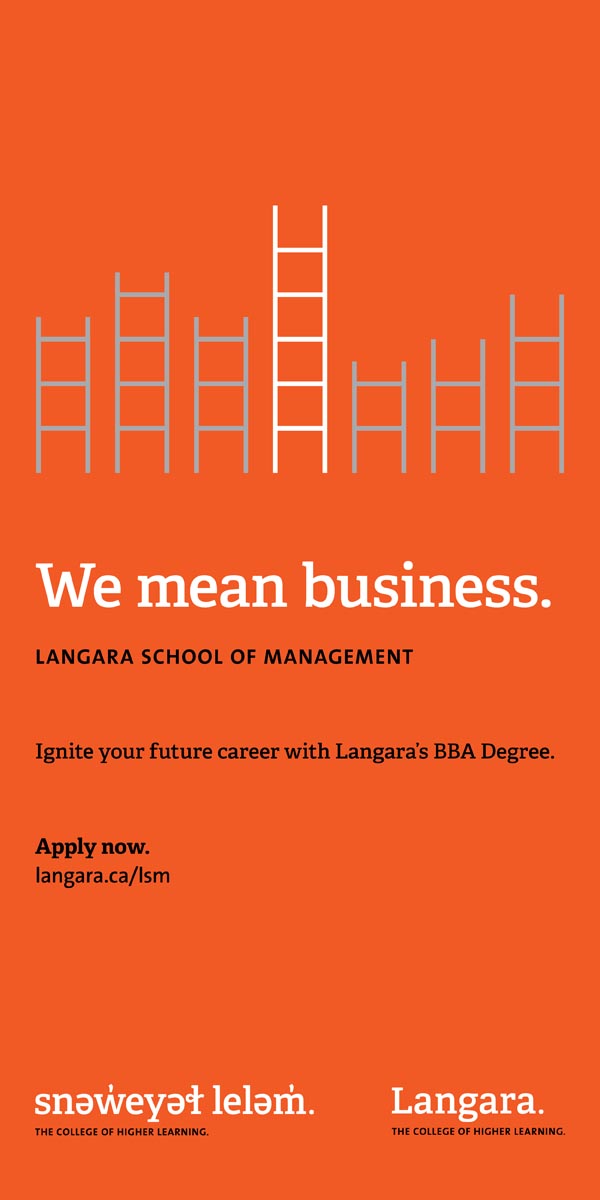Today’s post is by Pacific Rim Magazine’s staff writer, Mandy Cruse. Mandy is a Toronto native who completed a degree in Cinema Studies at the University of Toronto, and has a penchant for movie poster design.
When I was younger, I was always envious of my school friends who chose to study things like math and science. If they were serious about what they were doing, they were generally prone to receiving straight As. Their test answers were either right or wrong, and their papers involved discussing data and cold, hard facts.
In the arts, it’s not that simple. There is a degree of subjectivity to it, and thus, the As can be harder to achieve. Something you spend hours, days, or even weeks on can be dismissed in a moment by someone who disagrees with your style or who doesn’t “get it.”
In the moment, it can be difficult not to take this you suck message to heart, but being able to move on is essential for someone who wants to pursue a career in the arts. Not everything you create is going to be a masterpiece. This is true even for those who have been at it for years, but it can be so easy to forget.
The age we live in today doesn’t make things easier. This digital world allows people to publish something and have it ripped to shreds in seconds by other people around the world, all of whom think they are experts on any given subject, and who can hide behind a barrier of anonymity when they, too, tell you that you suck.
Experience teaches that the way to go about creating is the same as almost anything in life: do it for you, not for the approval of someone else. Richard Bach said in Illusions, “If your happiness depends on what somebody else does, I guess you do have a problem.” He was talking about life in general, but it is a message that is especially important for someone trying to confirm the validity of their contributions to this world. There is always going to be someone there to tell you that you suck, but ultimately, it is your own assessment of the things you create that is going to determine whether you carry on, or trade creativity for a life of data and cold, hard facts.






